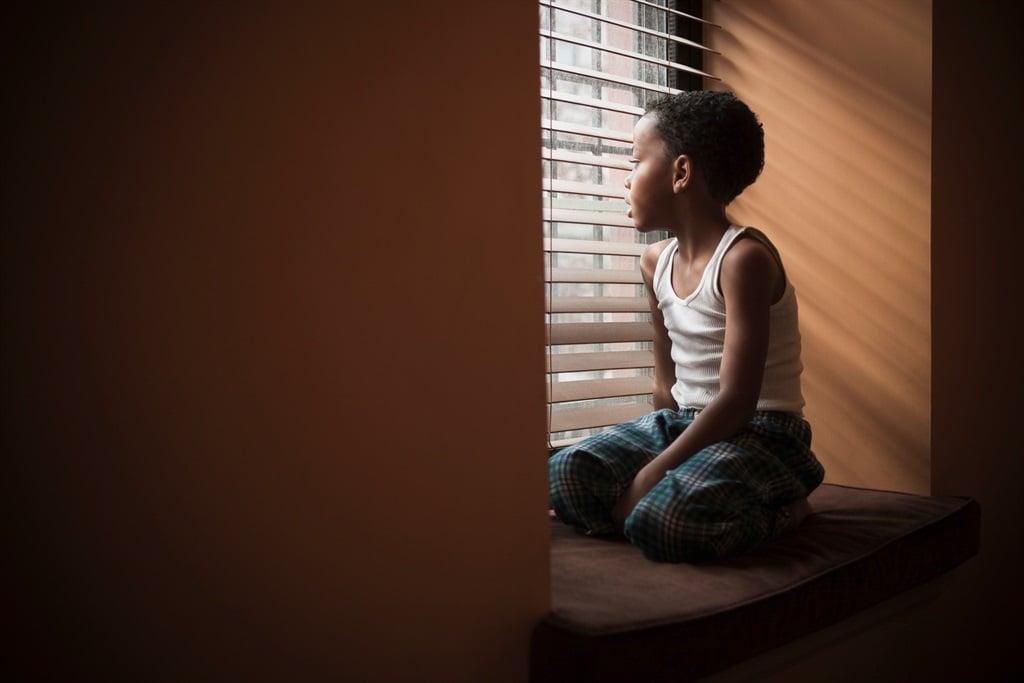
If you are going through a divorce and you and your soon-to-be-ex have children together, you might be worrying about who will get custody. You're not alone.
A Google search of "how to win a custody battle" yields nearly 15 million results, and the search autocomplete function gives further queries, such as "how to win a custody battle as a father/narcissist/mother", proving that this is a concern for many parents.
Simon Dippenaar of Cape Town Divorce Attorneys stresses that no one in a family benefits from waging war, least of all the children, but here he outlines some ways in which parents can increase their chances of being awarded custody.
The family lawyer reminds us that the best interests of the child will always reign supreme. "If you can keep that in mind and act accordingly, the prospects of being awarded custody of your child are much greater," he says.
A child is a young human who needs nurturing, love and protection, ideally from both parents, if both are capable of caring for their child. "A child is not an object to be fought over, so we prefer to avoid talking about custody battles," he says.
It's best to agree on a parenting agreement that works for everyone, and in most cases, that involves a degree of co-parenting.
Additionally, Dippenaar says that the courts prefer to see child care and contact shared between competent parents, rather than sole custody awarded to one residential parent, with the other having limited access rights.
If co-parenting is not appropriate
However, there are times when a parent is not capable of looking after a child. They may have substance abuse issues, or living circumstances that are not healthy for a child.
They may be in a relationship with a new partner who is openly hostile or abusive towards the child. Or there may be a history of domestic violence and abuse in the family home that one parent is fleeing, with a strong urge to protect the child from any further distress.
Or there may simply be a difference of geography, as in the case of M vs. M, which is described below.
If you find yourself in this situation, you need to be familiar with the factors that will lead to a successful custody application. You must understand the basic principles of the main laws that guide the court's decision, primarily the Children's Act 38 of 2005.
Best interests of the child
Above all else, the primary concern of the court is the best interests of the child, Dippenaar stresses again.
The needs, desires, and interests of the parents are of secondary importance. The duty of the High Court is to act as the upper guardian to all minor children in South Africa.
As guardian, Dippenaar explains, the court will look for the set of circumstances that will best provide for the comfort and well-being of the child – and the least upheaval to their life.
Contrary to popular belief, the court does not favour or automatically grant custody to the mother, he adds, although that may once have been true.
The court has a duty to assess every child custody case on the facts. Child care and contact is dealt with on a case-by-case basis and the facts are examined in their entirety, to ensure the final outcome represents the best interests of the minor child.
Not always obvious
The best interests of the child are not always apparent to the observer, and sometimes the court's decision may seem counter-intuitive, Dippenaar admits.
For example, international relocation might appear to be more disruptive than remaining in the land of a child's birth. "But if that relocation leads to a more settled, prosperous household for the child to grow up in, perhaps with the support of an extended family nearby, the court could rule that it is in the child's best interests," he clarifies.
M vs. M
This is exactly what happened in the recent case of M vs. M.
The parents, a South African father and German mother, were married in 2011, Dippenaar describes, and they had two children. The father instituted divorce proceedings in 2017, applying for the primary care and residence of the two children to be awarded to him in line with s18 of the Children's Act.
However, the court ruled that it was in the best interests of the children to reside with their mother, and she was granted leave to relocate with them to Germany, subject to detailed contact rights awarded to the father.
The judgement of the court reads: "…where the interests of minor children are involved, the litigation amounts to a judicial investigation of what is in their best interests. The court is not bound by the contentions of the parties."
This judgement emphasises the importance the court places on protecting the lives of minor children from the feuds of their parents. The court's ruling will always strive to ensure the life of the child is impacted as minimally as possible.
In the case of M vs. M, the children had grown accustomed to being in their mother's care. Relocating to Germany with her was less disruptive than radically changing their care arrangement.
Chatback:
Share your stories and questions with us via email at chatback@parent24.com. Anonymous contributions are welcome.
Don't miss a story!
For a weekly wrap of our latest parenting news and advice sign up to our free Friday Parent24 newsletter.
Follow us, and chat, on Facebook and Twitter




 Publications
Publications
 Partners
Partners











